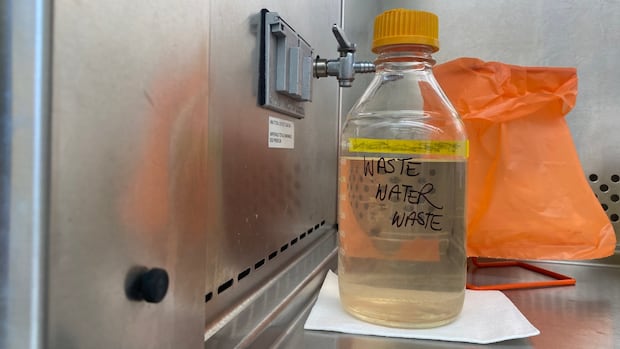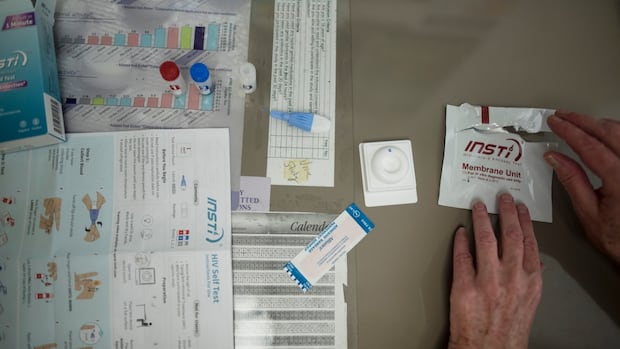The B.C. Supreme Court has certified a Canada-wide class-action lawsuit against consultancy firm McKinsey & Company as part of ongoing legal efforts by the province to recover health-care costs relating to the toxic drug crisis.
In a judgment posted Friday, the province alleges the company advised opioid manufacturers and helped design advertising campaigns that led to the over-prescription of opioids.
The class-action lawsuit sought by the provincial government — in which it would act as a lead plaintiff, on behalf of other provinces and the federal government — is closely related to another similar lawsuit that the province is pursuing against pharmaceutical companies for their alleged role in the illicit drug crisis.
The poisoned drug epidemic was declared a public health emergency in the province in April 2016, and more than 16,000 people have died in B.C. since then.
According to the province, McKinsey helped design campaigns for Canadian pharmaceutical companies that made false claims about opioids to prescribers and the public — ultimately causing an over-prescription of addictive drugs and harming those who used them.
While Justice Michael Brundrett didn’t agree with all of the province’s arguments, he found there was enough in its case for it to proceed to a full class-action hearing.
“While I acknowledge the importance of individual issues, I nevertheless assess that the joint litigation of the proposed common issues will significantly advance judicial economy,” he wrote in his judgment.
The province, on behalf of other jurisdictions, and McKinsey will now proceed to a trial where the province seeks to recover health-care, pharmaceutical and treatment costs.
For its part, McKinsey said the complaint was without merit and it would defend itself in court.
“McKinsey & Company did not undertake any work in Canada related to the sale or marketing of opioids,” a spokesperson said in an email.
Province alleges conspiracy
In seeking to certify a class-action lawsuit, a plaintiff must prove that the alleged damages done to them are shared by a group of others, and that the group’s common issues must be heard in one sitting.
The provincial government asserted to the court that McKinsey’s actions and advice were consistent across the U.S. and Canada.

McKinsey has already admitted to being involved in a U.S. lawsuit regarding promoting opioids in that country, in which it agreed to pay $600 million US over claims it aided Purdue Pharma in encouraging opioid over-prescription.
In addition to linking McKinsey’s actions to Purdue Canada, the province further alleged that McKinsey’s consultancy north of the border included doing work for other opioid distributors Janssen, Endo, and McKesson.
Justice Brundrett wrote that the province’s theory was that McKinsey was “the effective ‘hand in the glove’ for the improper promotion of opioid manufacturing.”
The judge noted that the consultancy firm had raised serious issues as to whether its actions had promoted prescription use in Canada or not.
“Certification does not involve an assessment of the merits and is not a pronouncement on the viability or strength of the action,” the judge wrote.
“The outcome of certification is not predictive of the outcome of the common issues at trial.”
AG says lawsuit about accountability
B.C. Attorney General Niki Sharma said the action, on behalf of other jurisdictions, was part of her job to hold companies accountable and recover damages on behalf of taxpayers.
“This is part of a large lawsuit so we can recover what taxpayers had to pay since 1996, because of the health impacts on so many people and the tragic losses that we’ve suffered in this province,” she told CBC News.
Leslie McBain, who lost her son Jordan to an oxycodone overdose in 2014, said companies that were marketing opioids in an irresponsible way should be held accountable.

However, the advocate and founder of Moms Stop The Harm said governments should devote their attention to tackling the ongoing toxic drug crisis instead.
“On the one hand. I’m glad to hear this news,” she said of the lawsuit. “But on the other hand, it doesn’t solve anything right now.”






